Understanding the Kafala System: Afterlives of the Indian Ocean Slave Trade'Solidarity' is who will be enraged into action on your behalf – even & especially when it is 'inconvenient'.I love all Black people, and especially the ones most betrayed by the intersections they inhabit. The Kenyans working as moderators for Meta in Nairobi and the Kenyans whose passports were taken from them when they got to the Gulf working as domestic laborers. Everyone whose love and necessity has demanded sacrifices unimaginable to 99.9% of the West & whose need for that love to be reciprocated is deemed ‘inconvenient’. A lot of people don’t know that the first documented slave revolt in history took place in the 9th century – as in, over 1000 years ago – in southern Iraq. There were 50,000 East Africans enslaved there at the time, and the East-African-powered Zanj Rebellion whole heartedly restructured the Abbasid empire that it rose up against. Google spreadsheet of Lebanon / marginalized & migrant worker donation links: https://docs.google.com/document/u/0/d/1PigQ6J-PVy-gisrcSh1-TMhD1X2PK2BxJe-ElQyKLm0/mobilebasic
A lot of people don’t know that the first documented slave revolt in history took place in the 9th century – as in, over 1000 years ago – in southern Iraq. There were 50,000 East Africans enslaved there at the time, and the East-African-powered Zanj Rebellion wholeheartedly restructured the Abbasid empire that it rose up against. The modern-day Kafala system that presently operates in Lebanon, Oman, Kuwait, Qatar, Bahrain, Saudi Arabia, Jordan and the United Arab Emirates – in which migrant workers are contracted to work under the most exploitative of conditions – is an afterlife of this millennia-long history of African enslavement in the Gulf. The only country in the Arabian Gulf that does not practice Kafala is Iraq. This, too, is an afterlife of the Zanj Rebellion. Acknowledging that afterlives of slavery continue to fracture solidarities is not counter-insurgent, it is imperative.
Understanding the Kafala System Micro-Syllabus:https://www.walkfree.org/global-slavery-index/findings/spotlights/life-under-the-kafala-system/ https://armlebanon.org/abolish-kafala/ (Their current fundraising efforts are also essential to boost: https://fundahope.com/en/fundraisers/in-support-of-beiruts-migrant-community-center) https://www.aljazeera.com/opinions/2019/11/14/the-lebanese-revolution-must-abolish-the-kafala-system (14 Nov 2019) https://armlebanon.org/domestic-workers-traded-and-sold-via-twitter-in-arab-countries/ https://ir.library.louisville.edu/cgi/viewcontent.cgi?article=3436&context=etd https://www.levantx.com/bp-source/finding-kin-a-history-of-african-organization-in-the-mena The lack of familiarity around the Indian Ocean/Swahili Seas slave trade is what renders these afterlives to go unchecked in the West. Acknowledging that afterlives of slavery continue to fracture solidarities is not counter-insurgent, it is imperative. Nearly a year ago, I wrote about how Gaza was demanding rigor and capacity from us. Nearly a year later, this continues to ring true in ways that are nothing short of heartbreaking. And heartbreak is demoralizing. It is heartbreaking to witness my African kin left behind when war strikes in Lebanon, the same way they were in Ukraine. It is heartbreaking to feel like speaking out about this, from the comfort of my room in Los Angeles, is itself a betrayal. The root of that betrayal though is this labyrinth of allegiances that many of us find ourselves in. When so much of our solidarity is proclaimed, instead of acted upon, it makes sense that our grief feels insufficient when channeled through words alone. I am sitting here writing and enraged and tomorrow I am meeting a friend for a picnic. I have had to justify inhabiting shame around my contradictions because acting upon them has been made to seem too precarious, too dangerous to commit to. Indeed, many peoples’ profile pictures have returned back ‘to normal’. I myself speak out less than I did 10 months ago. In part because I am ‘jaded’ but largely because I am heartbroken. I’m still based in America, still one crisis away from overdraft notices (still fresh out of a crisis, if I’m being honest), still abundant in community, still cloaked in grief, still adept at compartmentalizing that, still bitter, still burnt out from it all. Still everything and everything still keeps getting crazier. I’ve been intending to share more dispatches trying to market the lecture series I’m doing because I have bills to pay but have been too sick and too embarrassed to do so. Even this post started with the intention of being some sort of ad if I’m being honest. I spoke about the Indian Ocean slave trade at this past weekend’s installation of the Indigenous Tech Open Studio / Lecture series and had planned to share a dispatch on it to promote next week’s session on Radical Love as Technology – not even because I want to but because I needed to. ‘Working’ right now feels silly, as theoretically necessary as it seems. I could write a whole post about that on its own but I’ll spare y’all from that neighborhood of my internal spirals. That being said, the (Indian/Swahili Seas) Oceanic Memory session recording link is available here. It feels very cringeworthy to share the link to get tickets to the whole series after having shared/admitted all of the above but it really would be nourishing to get to share (e)space with folks these upcoming weekends and get to talk about this all together in live time. Thanks for bearing with me through the clumsiness & exasperation. Yours in Radical Love, Neema You're currently a free subscriber to Neema’s Substack. For the full experience, upgrade your subscription. |
utorak, 1. listopada 2024.
Understanding the Kafala System: Afterlives of the Indian Ocean Slave Trade
Pretplati se na:
Objavi komentare (Atom)
my adhd motivation course is on sale
Hey friend, You showed interest in the ADHD Motivation Mastery course when I launched it earlier this yea...
-
Also: 'Don’t think I’m touching a man anytime soon.’ Post-election, I asked where you're at when it comes to sex, desire, and your b...
-
Inside: Gift ideas that fill the world with some good this holiday season. ...
-
Parents face new rules on childhood shots, while COVID vaccine access becomes more limited. ...
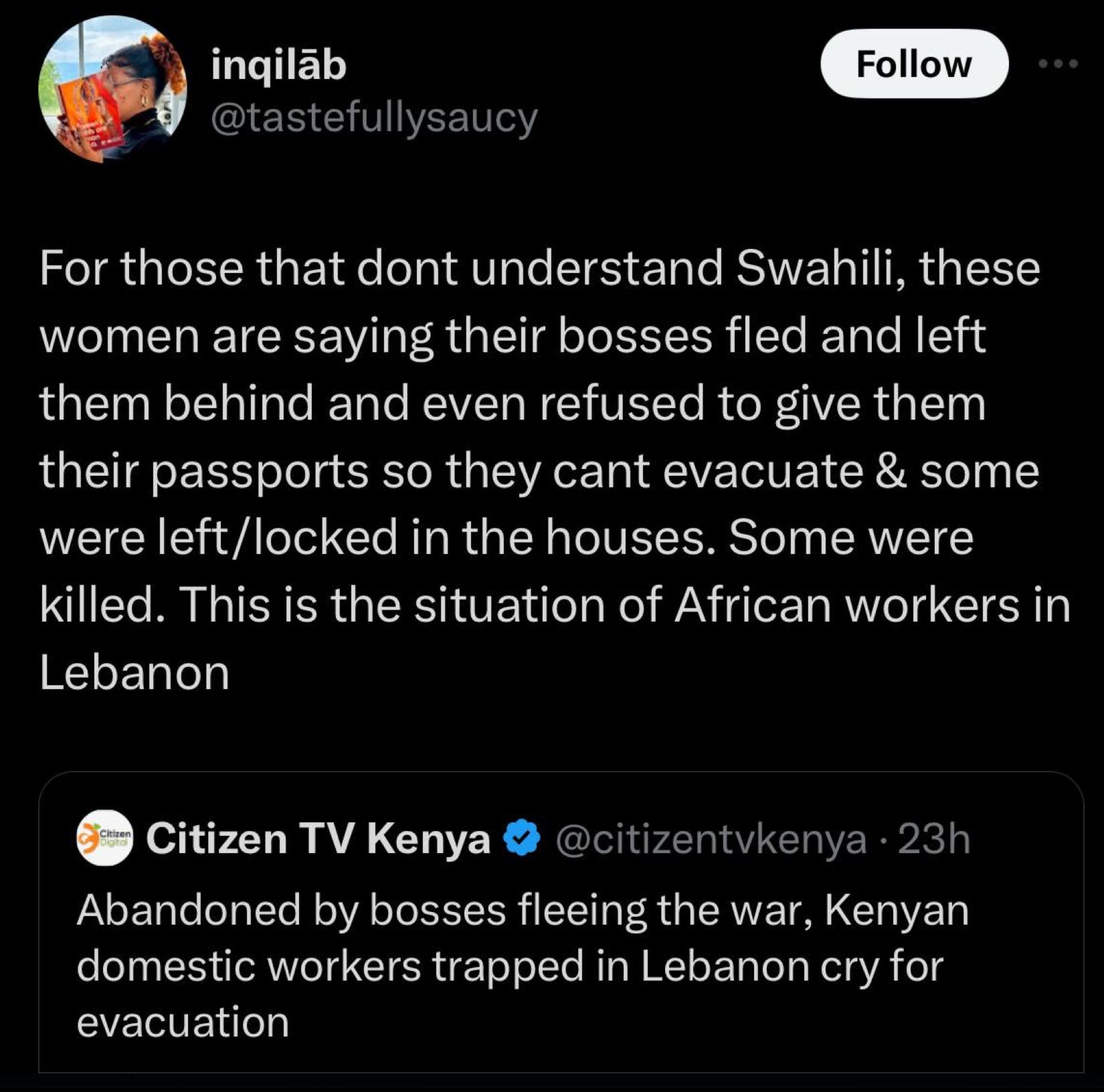
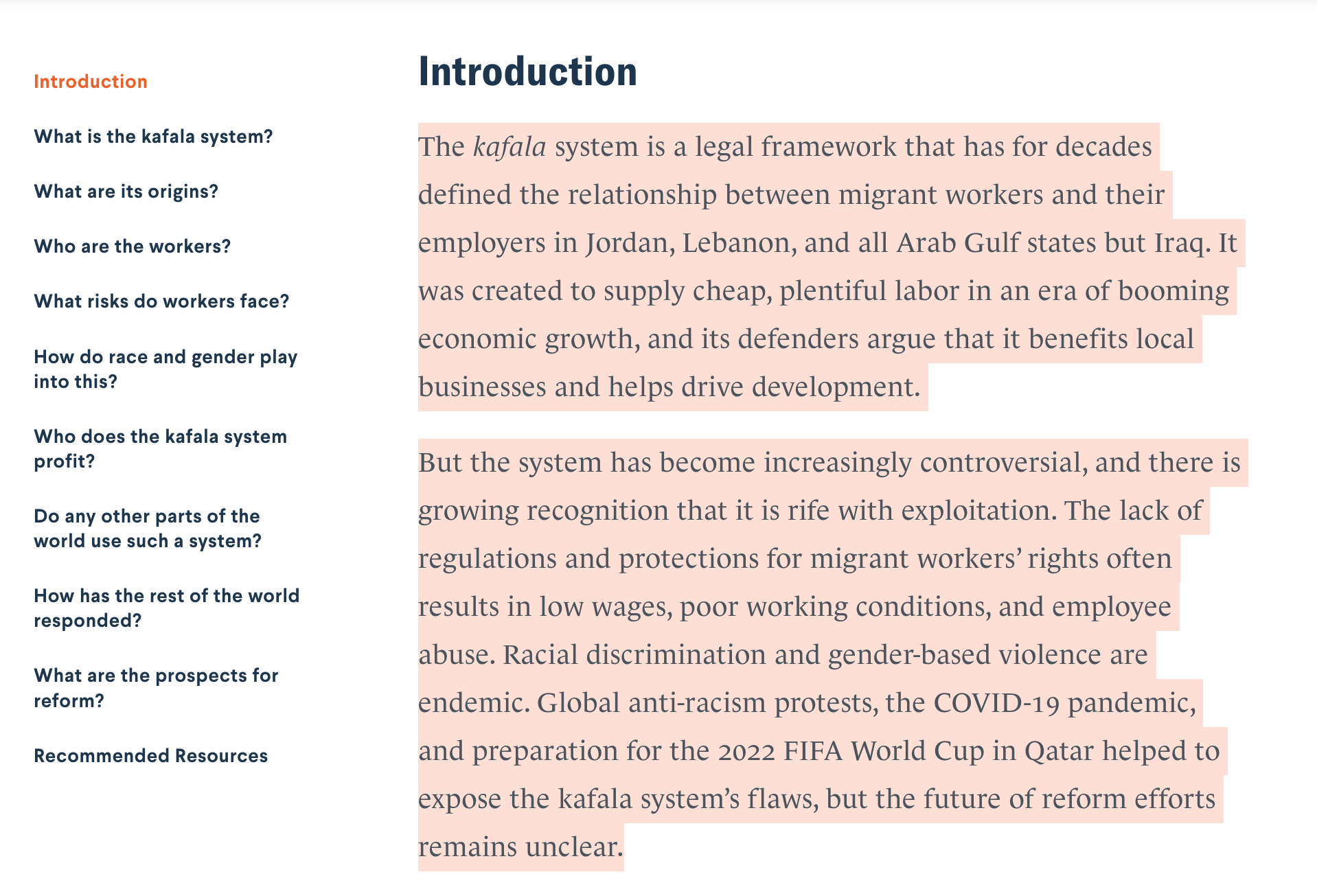
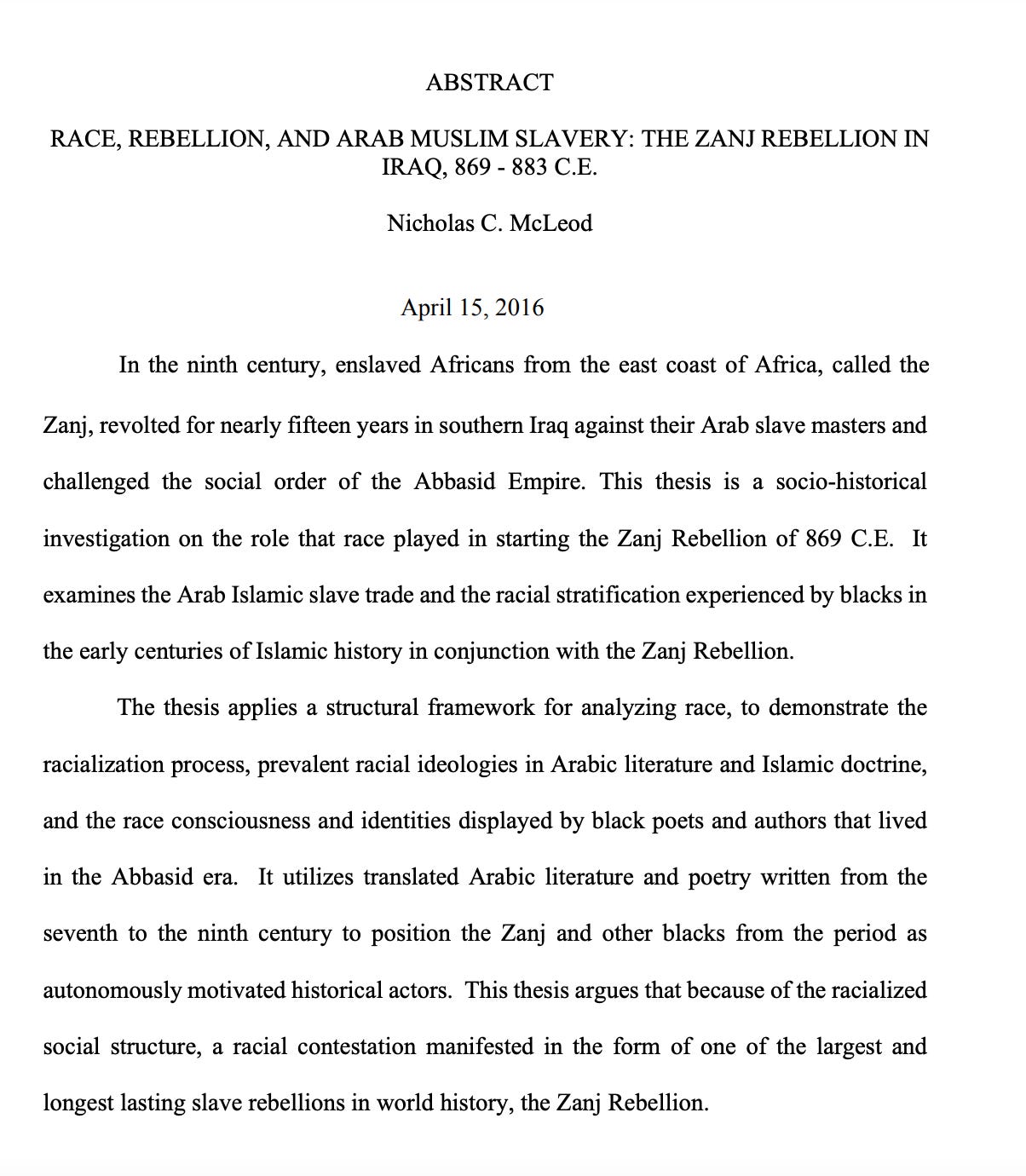
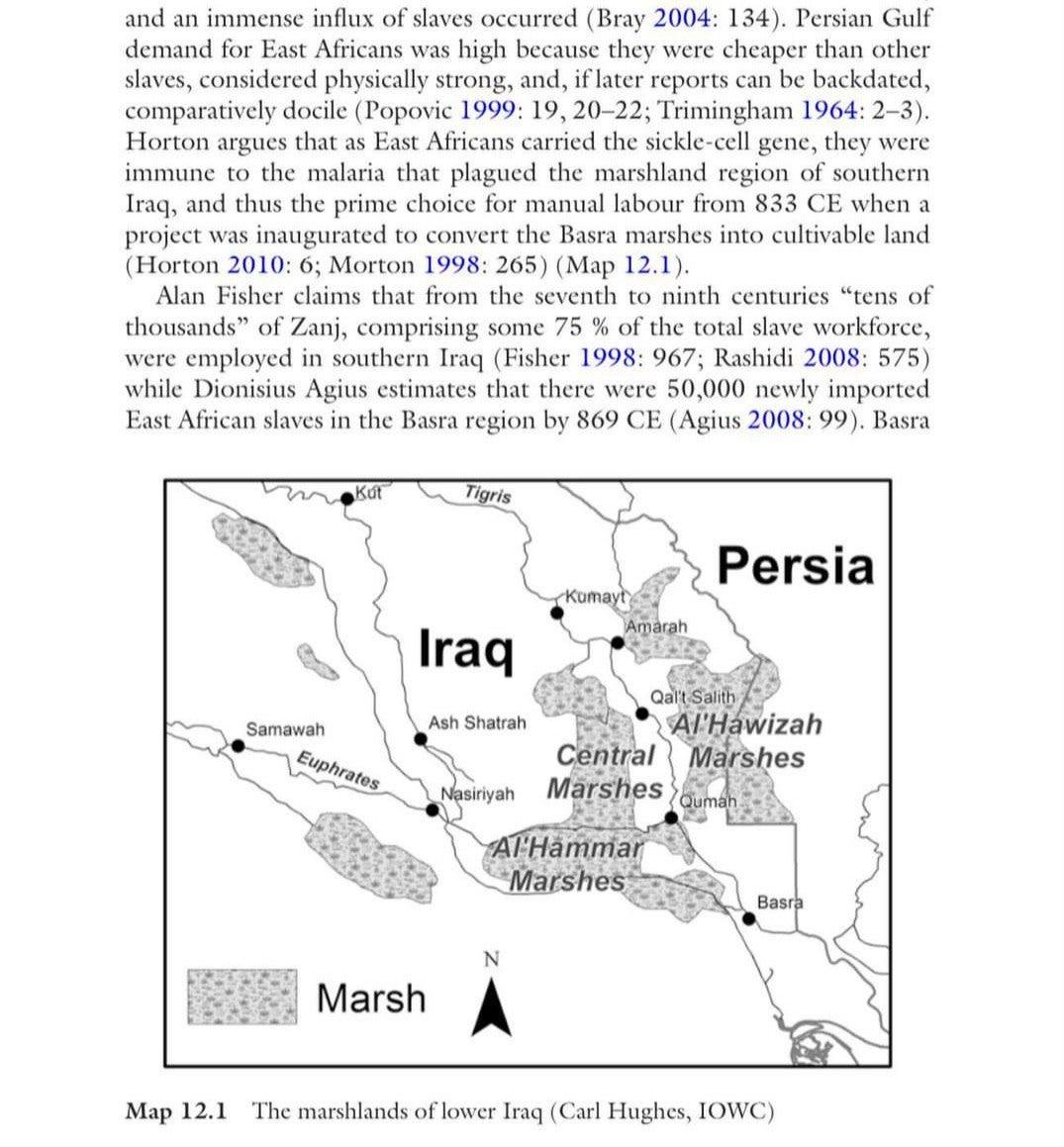
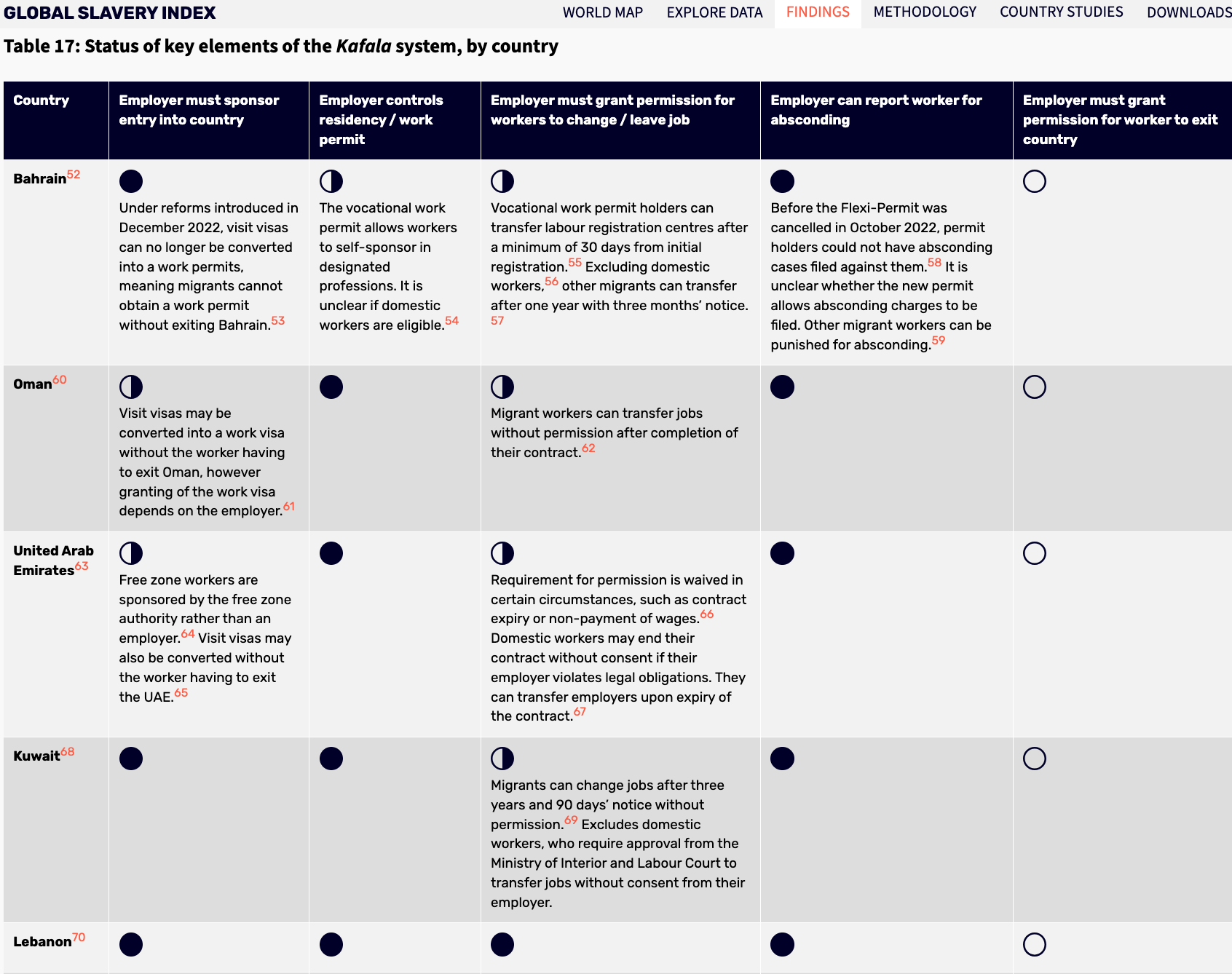
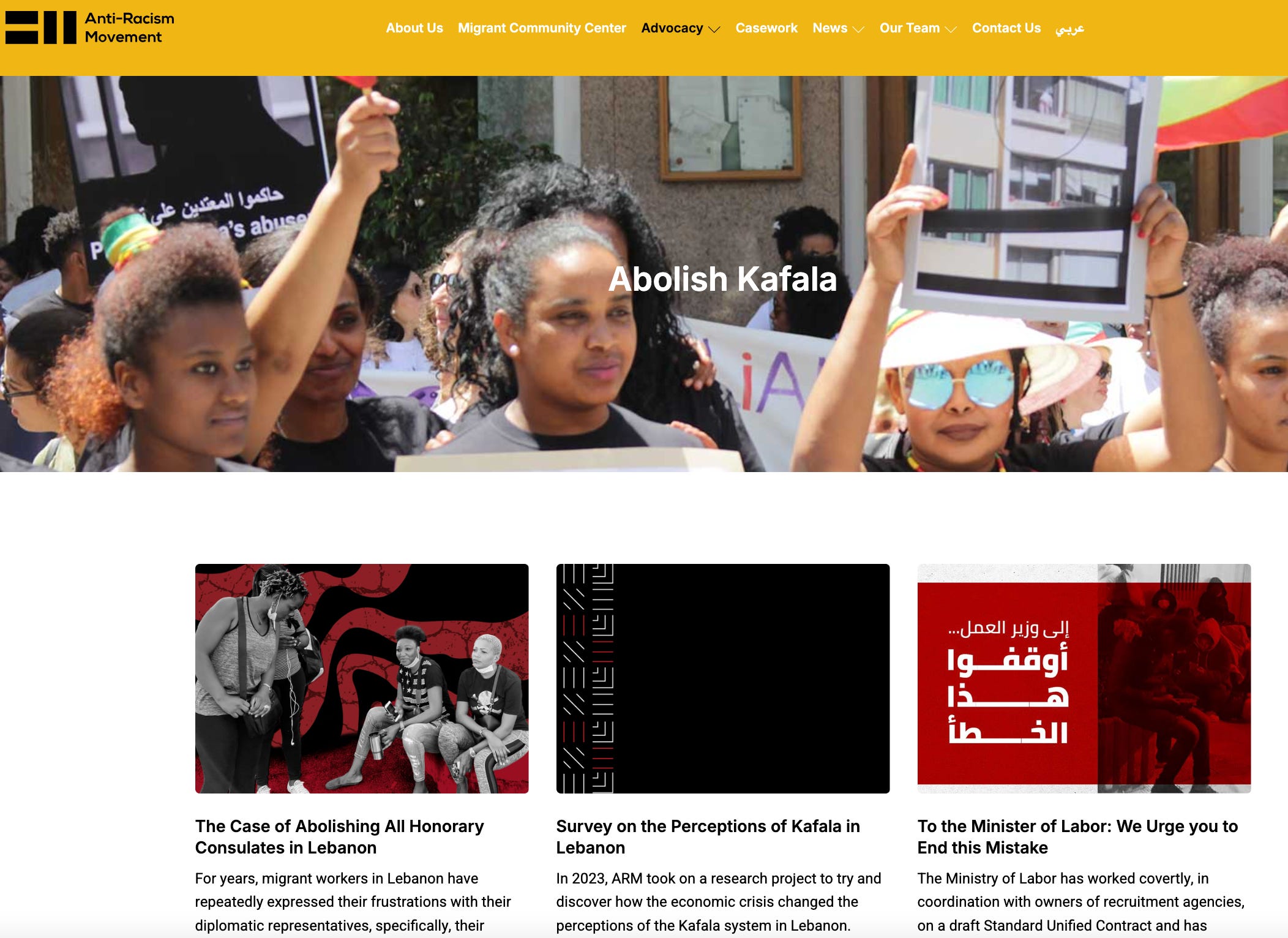
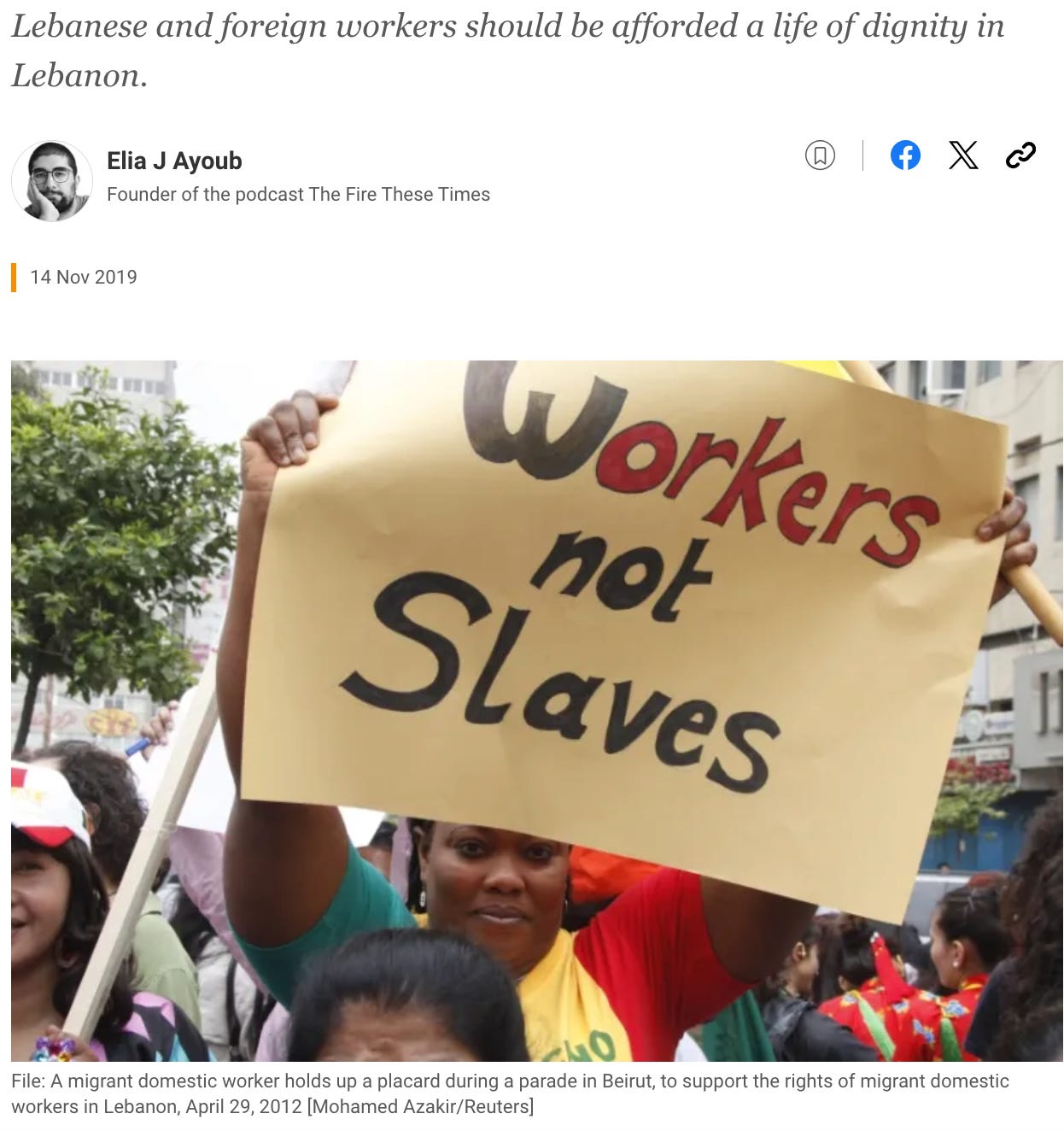
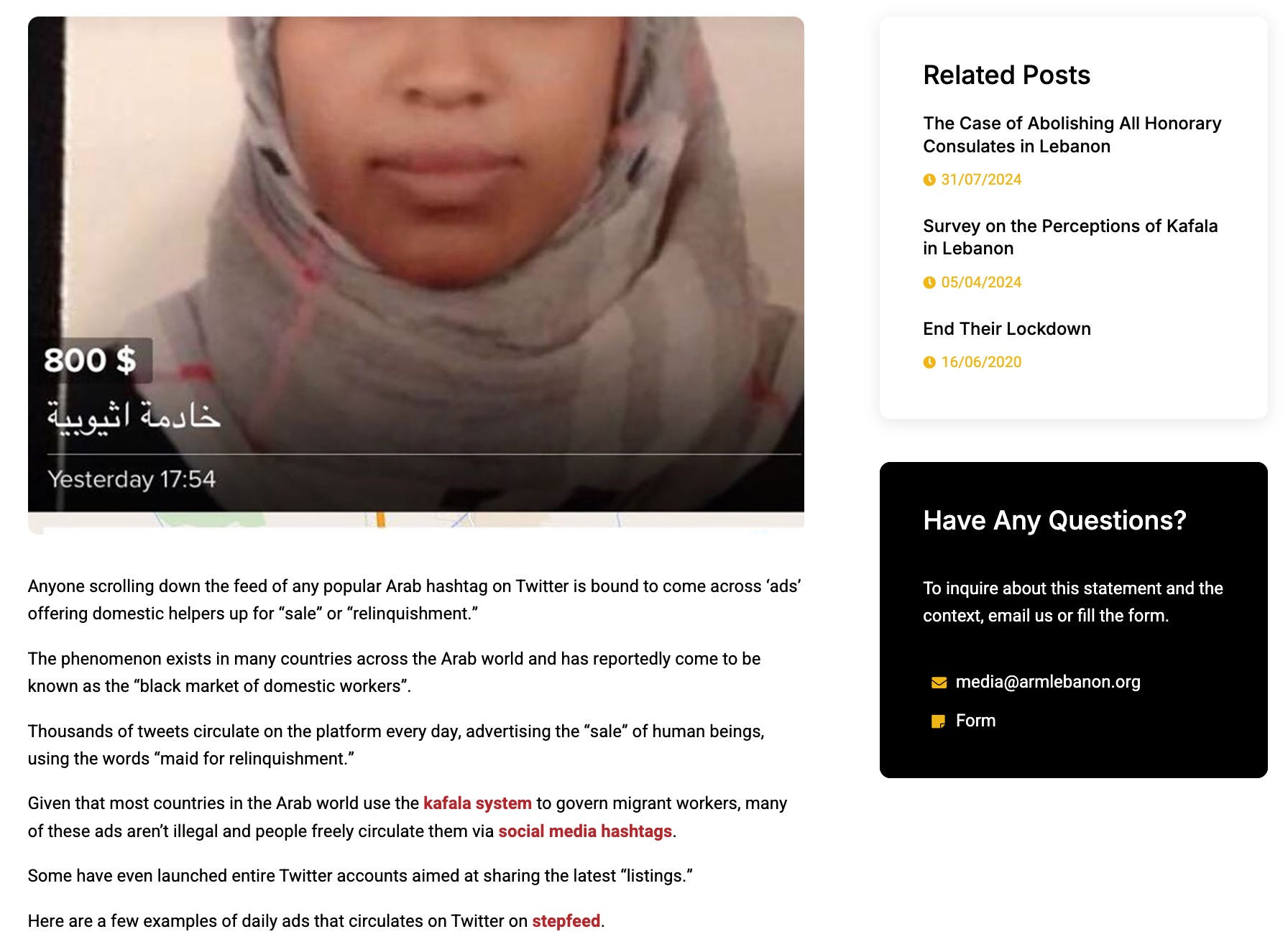
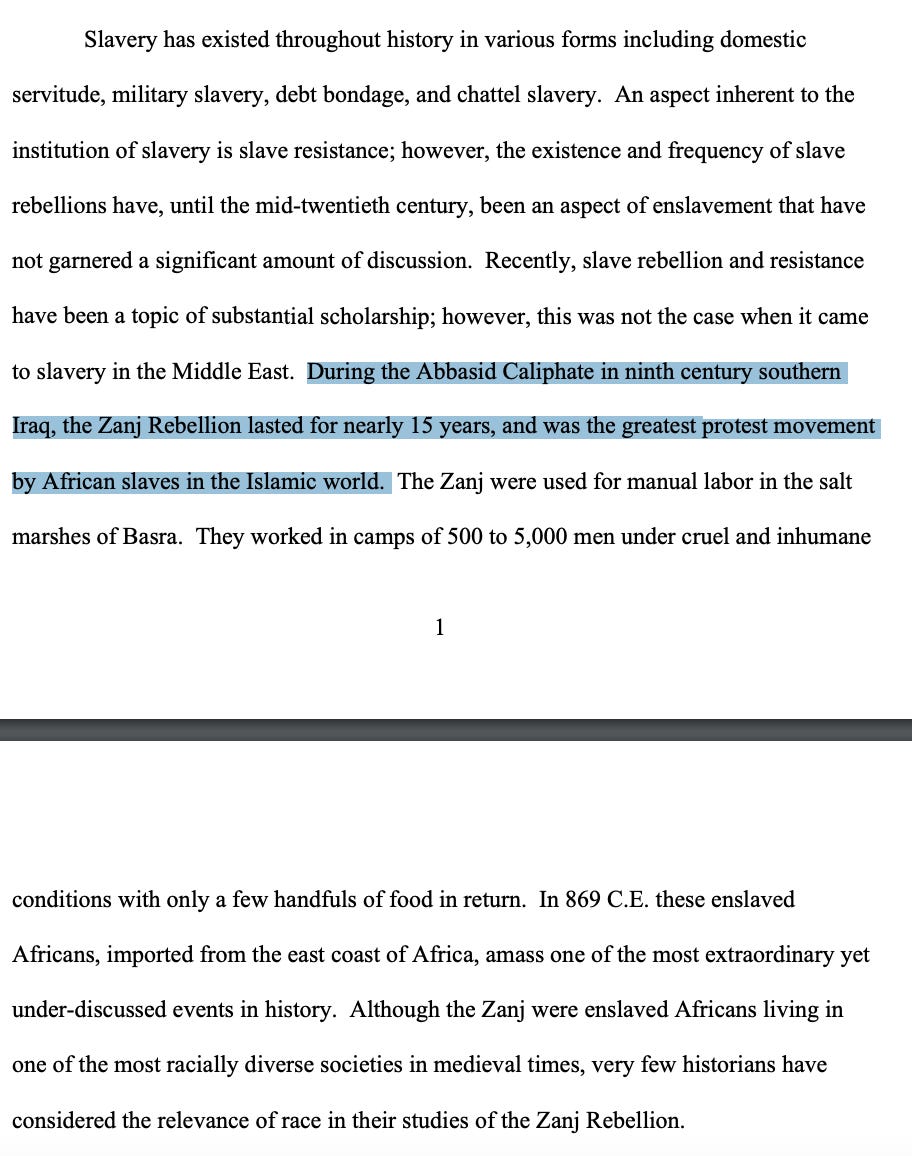

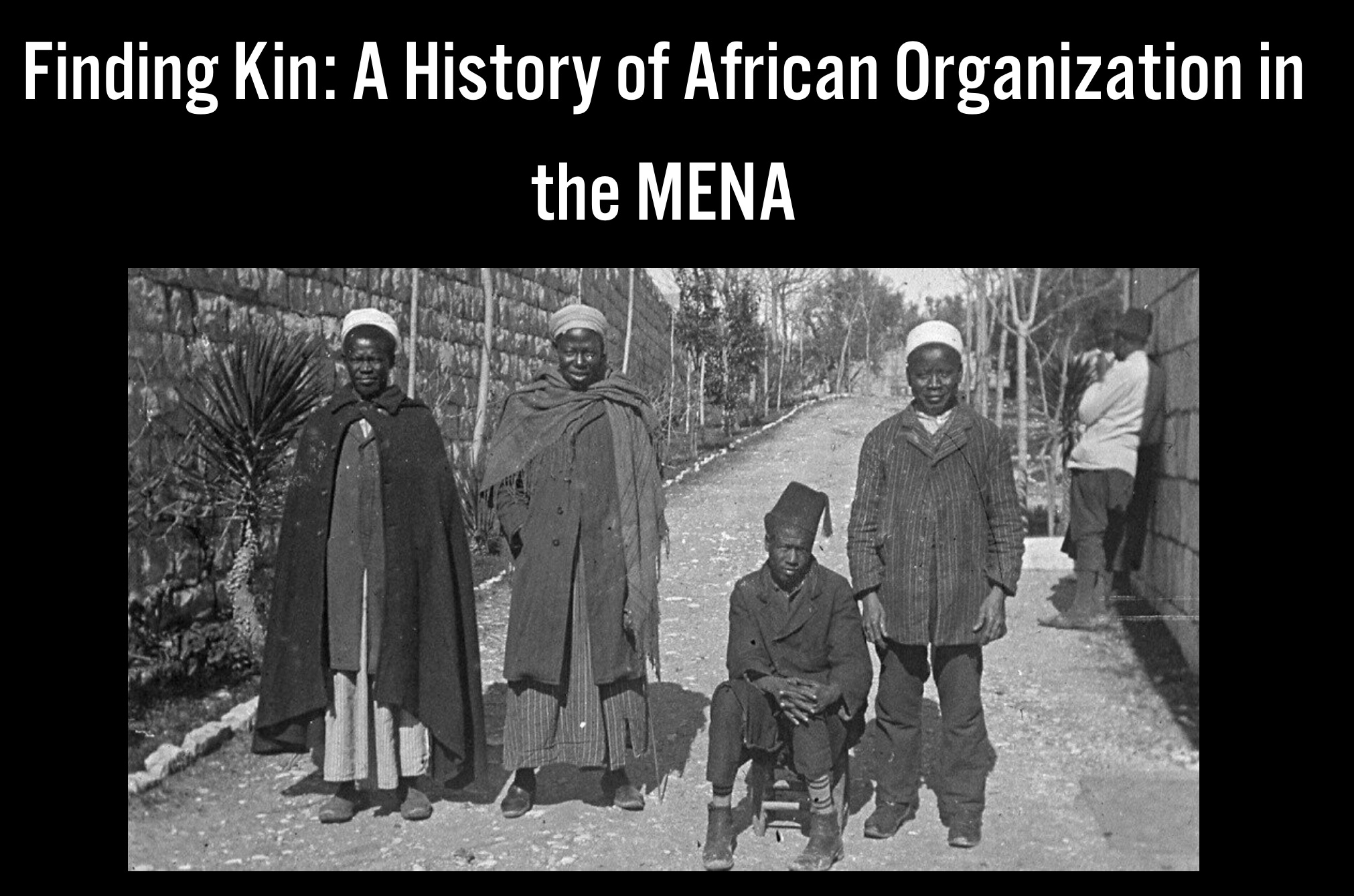
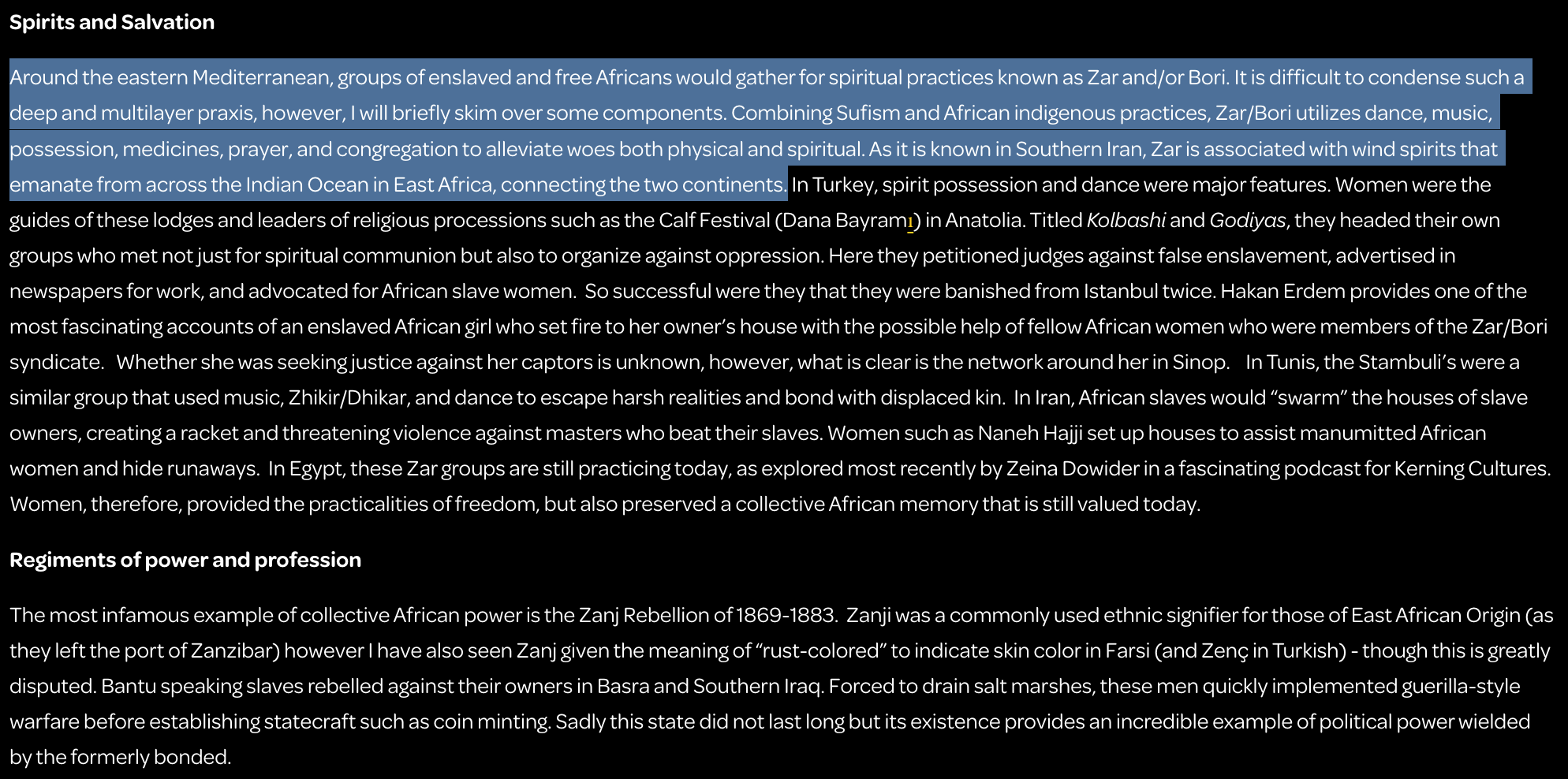
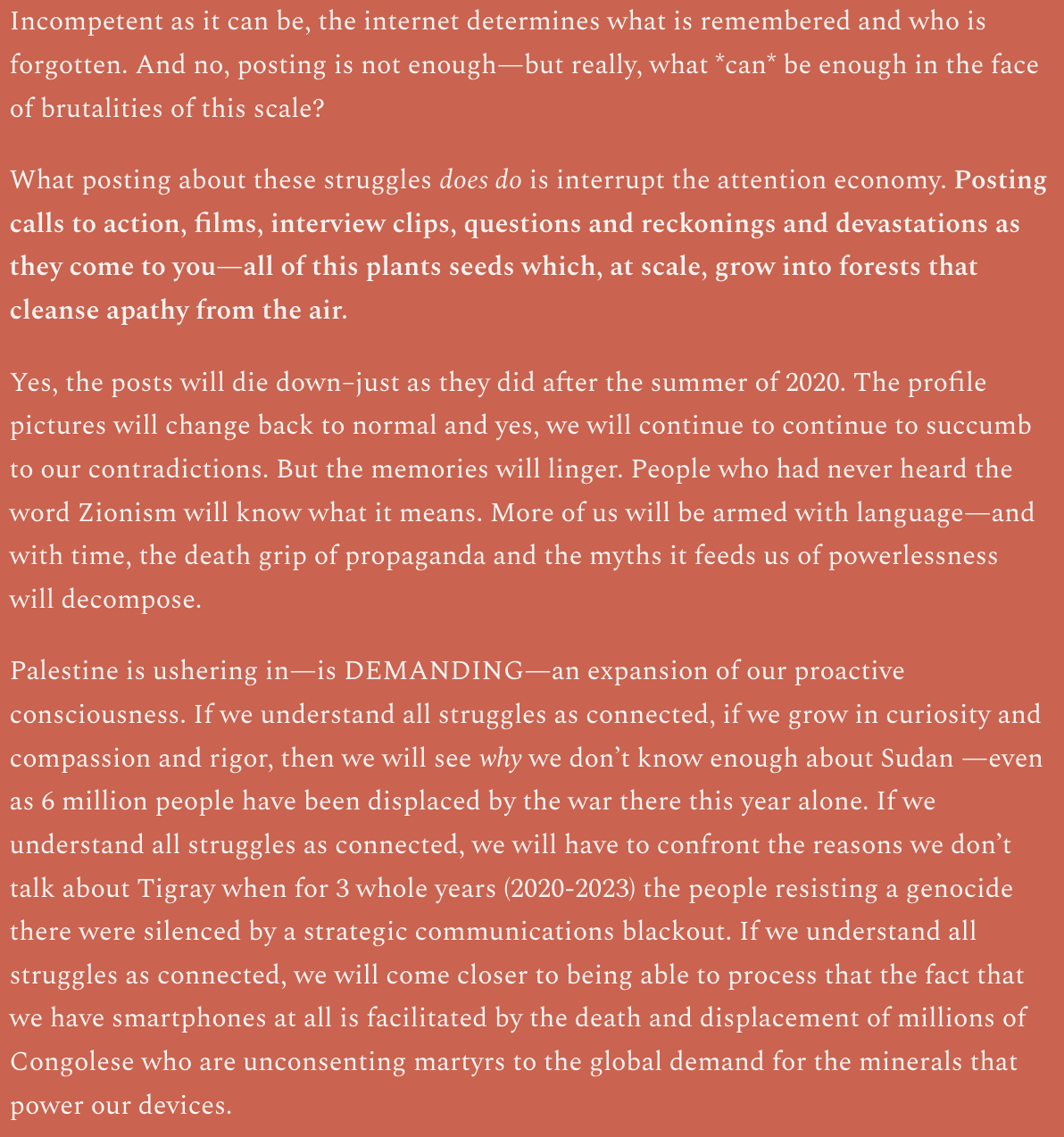
Nema komentara:
Objavi komentar